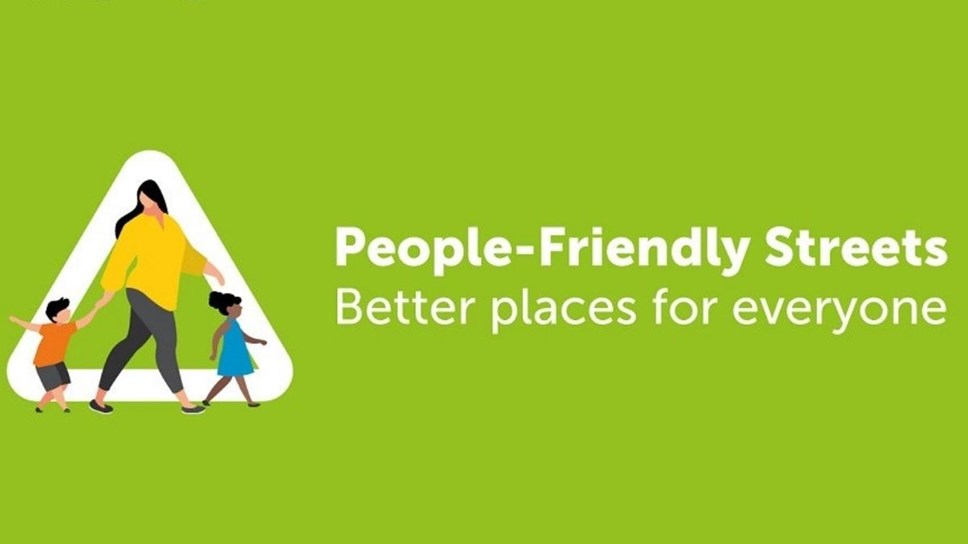
New people-friendly streets neighbourhood to bring cleaner, greener, healthier streets to St Mary’s Church
Islington Council can today announce that its efforts to create a cleaner, greener, healthier borough are continuing, with the introduction of a new people-friendly streets neighbourhood in the St Mary’s Church area.
So far, the council has introduced seven people-friendly streets neighbourhoods to help create streets that are better suited to walking, cycling and using buggies and wheelchairs, and where toxic air pollution is reduced.
Monitoring data from the neighbourhoods – which have been introduced as 18-month trials – reveals how they have led to a reduction in traffic within the neighbourhoods, making it easier to walk, cycle and scoot.
It is hoped that the introduction of Islington’s eighth people-friendly streets neighbourhood will bring similar benefits to the St Mary’s Church area, which in recent years has suffered from increased levels of traffic. A total of four camera-enforced traffic filters will be installed in the neighbourhood - on Halton Road, Braes Street, Hawes Street, and Cross Street – to prevent cut-through traffic. The council has been engaging with local businesses and organisations in recent months, and the design of the scheme has taken this feedback on board.
The council has previously announced its commitment to people-friendly pavements, which are more accessible and pleasant to use. The St Mary’s Church scheme will see the introduction of some of Islington’s first people-friendly pavements, with measures where the south-west section of Canonbury Square meets Canonbury Lane being introduced to improve pedestrian safety and access to green space on Canonbury Square.
The council will also seek opportunities for greening in the neighbourhood, initially through the installation of planters to narrow the carriageway and emphasise the traffic filters.
The neighbourhood will be introduced as an 18-month trial, and works to install the measures will begin in mid-January 2022. More information is available on the council’s website.
Cllr Rowena Champion, Islington Council’s Executive Member for Environment and Transport, said: “We’re determined to make Islington’s streets cleaner, greener and healthier, to help tackle the climate emergency and to make it more pleasant for local people to travel.
“Our people-friendly streets neighbourhoods have helped make it easier to walk, cycle and use buggies and wheelchairs, helping to address air pollution and make it easier for the 70% of Islington households that do not own a car to travel. The schemes also help create quieter roads within neighbourhoods for those needing to travel by car.
“We’re looking forward to seeing the positive benefits that our eighth people-friendly streets neighbourhood will bring to people and businesses in the St Mary’s Church area, and I am delighted to see the first people-friendly pavements introduced in the area too. We’re introducing people-friendly streets to improve Islington for local people, and we welcome their feedback on the scheme.”
The introduction of traffic filters in St Mary’s Church will help create cleaner, greener, healthier streets. Crucially, every street in the borough will remain accessible by motor vehicle for local people, visitors and deliveries – the only thing that may change is the route.
To make it easier for disabled people to travel, the St Mary’s Church neighbourhood will include exemptions for Blue Badge holders. This means that Blue Badge holders who live in the neighbourhood will be able to apply for a permit allowing a single motor vehicle registered to their address to travel through traffic filters in the St Mary’s Church neighbourhood. Further information can be found on the council’s website.
The introduction of the neighbourhood on an 18-month trial basis means that, after around 12 months, a public consultation will be held to give local people the chance to say whether they would like the measures to be made permanent, changed, or removed.
Contact information
If you are a member of the public with a general question about the council please view the contact information on our website or call 020 7527 2000.
